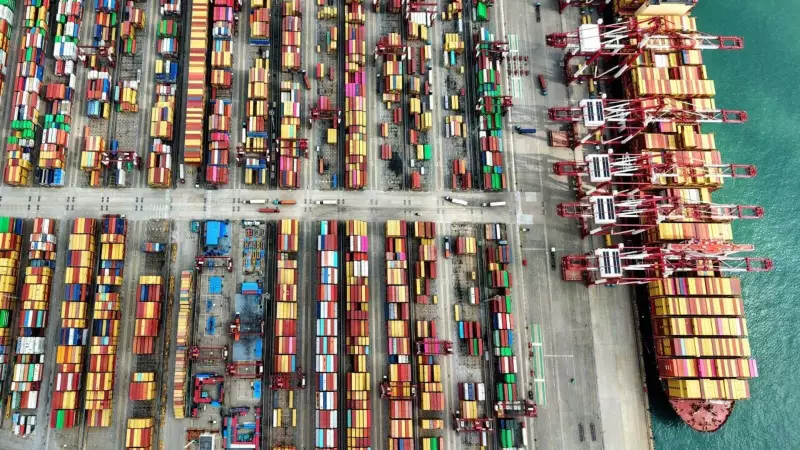
The International Monetary Fund has issued a stark warning that the Asia-Pacific region is heading toward economic turbulence, with the full brunt of recent tariff escalations yet to be felt across economies.
Economic Storm Clouds Gather Over Asia-Pacific
According to the IMF's latest assessment, the cumulative impact of rising trade barriers and protectionist policies is creating a perfect storm for Asia-Pacific nations. While some effects are already visible in trade data and manufacturing indicators, the organization cautions that the worst is still ahead.
Why the Delayed Impact?
The IMF explains that trade tensions operate with a significant lag effect. Several factors contribute to this delayed economic response:
- Existing trade agreements and contracts that haven't yet expired
- Inventory adjustments and supply chain realignments in progress
- Gradual implementation of new tariff structures
- Market adaptation and price absorption mechanisms
Sector-Specific Vulnerabilities
Certain industries within the Asia-Pacific region face particular exposure to the escalating trade measures. The IMF highlights several critical areas:
Manufacturing and Export Hubs: Countries heavily reliant on exports, particularly electronics, automotive components, and consumer goods, could see significant disruptions to their traditional trade routes and customer bases.
Technology and Innovation: The semiconductor industry and technology supply chains, which are deeply integrated across the region, face potential fragmentation and increased costs.
Agricultural Exports: Nations dependent on agricultural exports may encounter new barriers and competitive disadvantages in key markets.
Regional Growth Projections Under Pressure
The IMF's warning comes as growth forecasts for several Asia-Pacific economies are being revised downward. The organization emphasizes that the region, which has been an engine of global economic growth, now faces headwinds that could:
- Reduce GDP growth by significant margins
- Increase inflationary pressures through higher import costs
- Disrupt carefully balanced supply chains
- Create uncertainty for foreign direct investment
Policy Responses and Mitigation Strategies
The IMF recommends that regional governments consider several approaches to cushion the impact:
Diversification of trade partners emerges as a critical strategy, reducing dependence on any single market. Additionally, domestic demand stimulation and investment in infrastructure could help offset external trade shocks.
The organization also suggests exploring regional trade agreements that could provide alternative markets and strengthen economic cooperation among Asia-Pacific nations.
The Global Context
This warning comes amid increasing trade tensions between major economies worldwide. The IMF stresses that no region exists in isolation, and economic disruptions in the Asia-Pacific would have ripple effects across the global economy.
As trade barriers continue to rise, the IMF urges dialogue and cooperation to prevent further escalation that could undermine the fragile recovery of the global economy post-pandemic.





